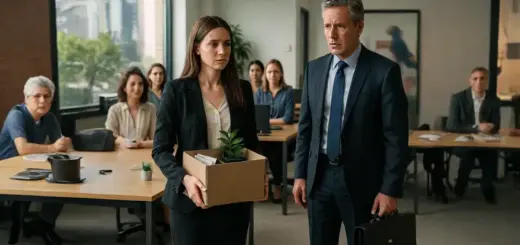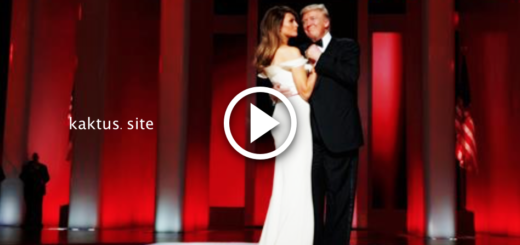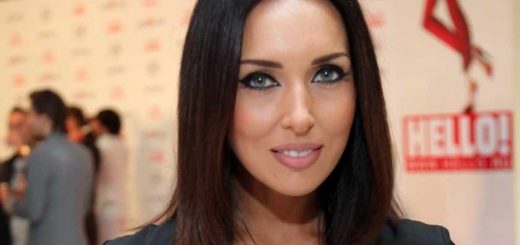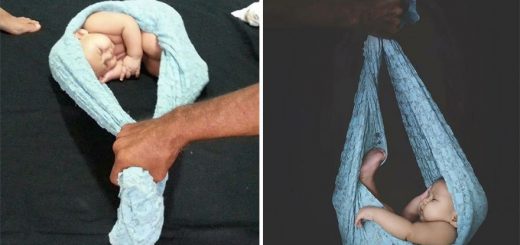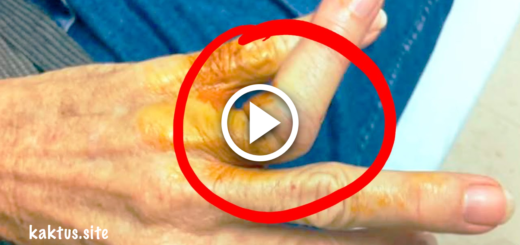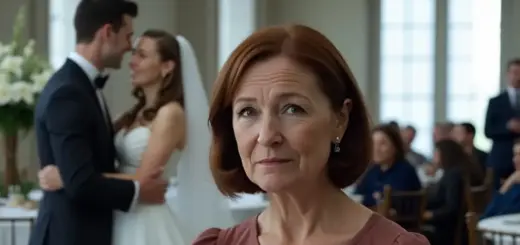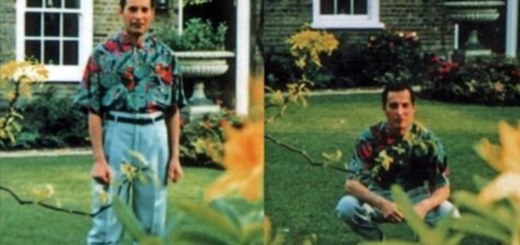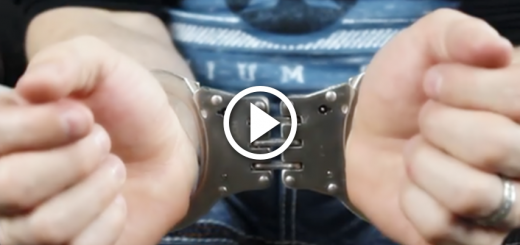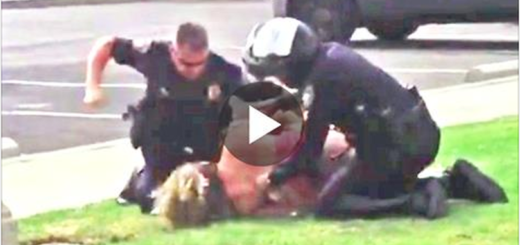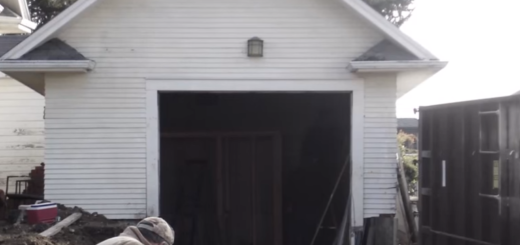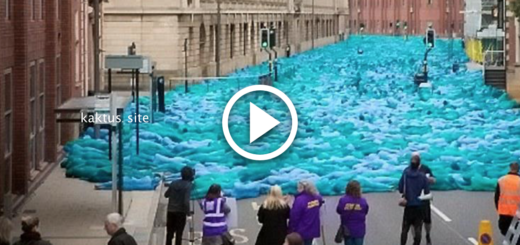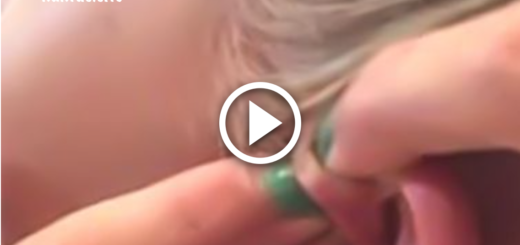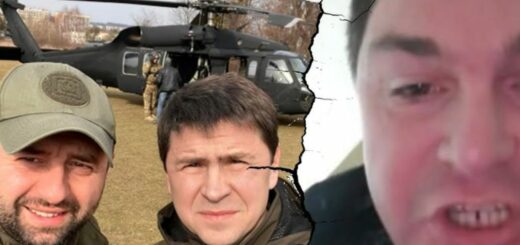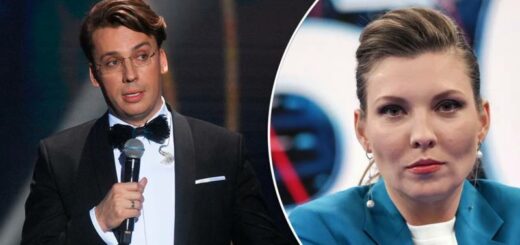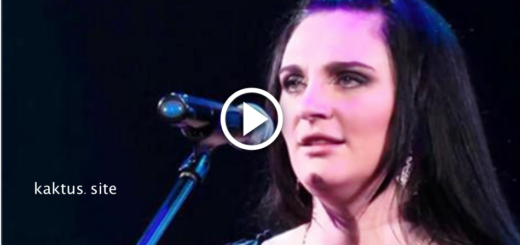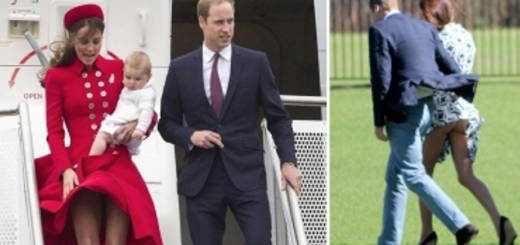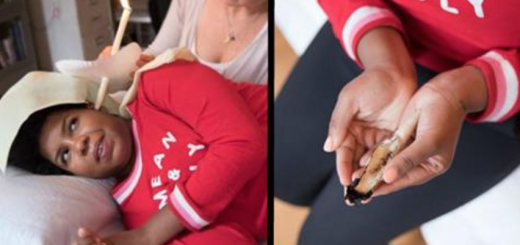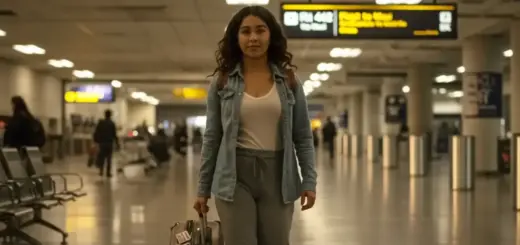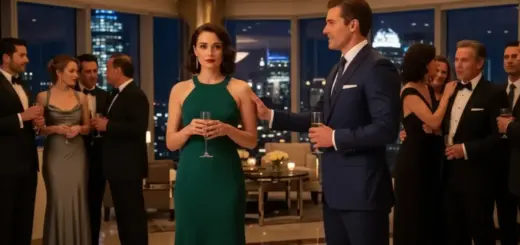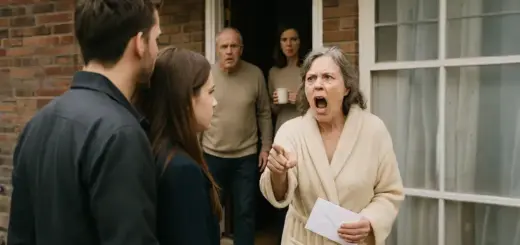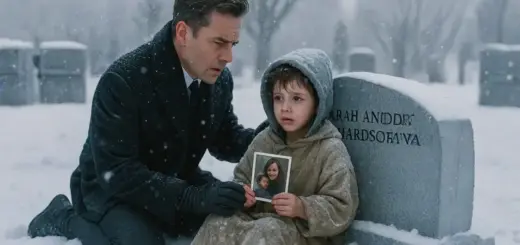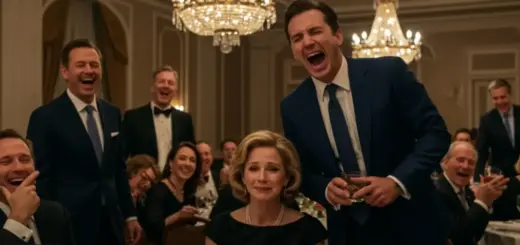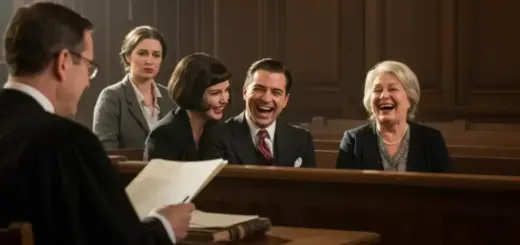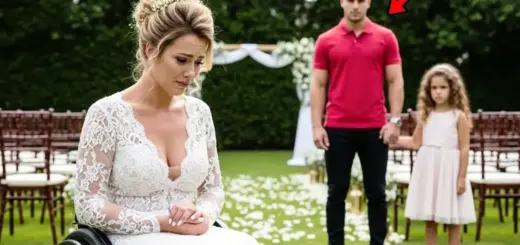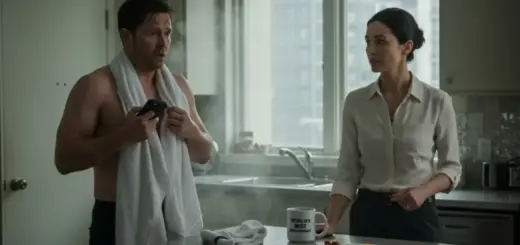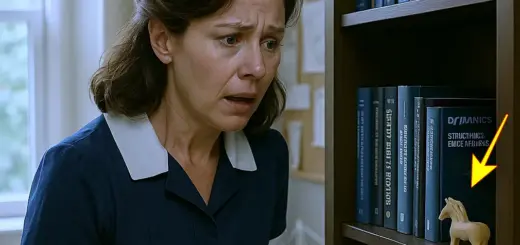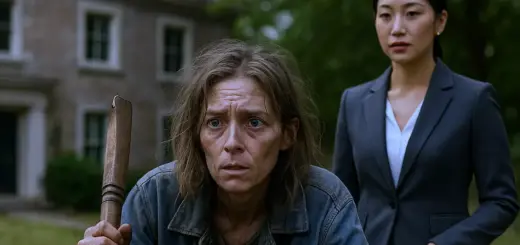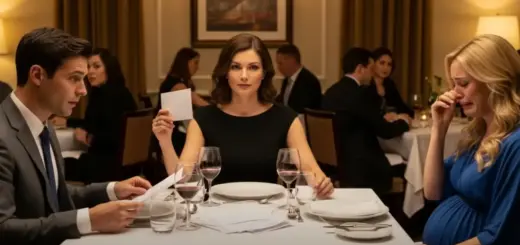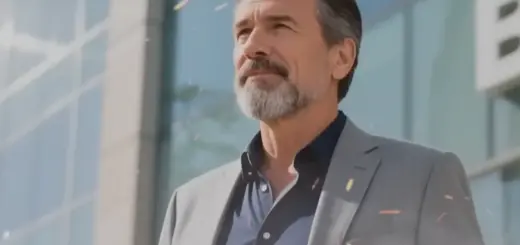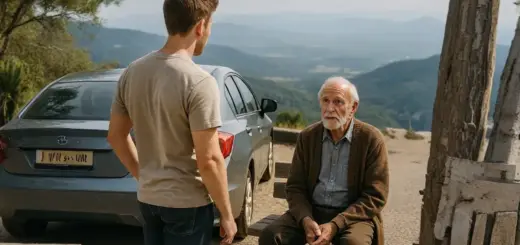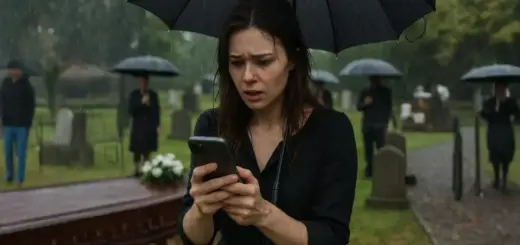«I love you,» I said for the first time. «I’m still figuring out how to do this without fear, but I love you.» «We’ll figure it out together. That’s the difference. We’re a team.»
In February, Architectural Digest ran their feature. The article wasn’t just about the fellowship; it was about my story, from dumpster diving to running a prestigious firm. Theodore’s decade of waiting. Transforming Hartfield Architecture. The response was overwhelming. Media outlets wanted interviews. Schools invited me to speak. Clients wanted Hartfield. My Instagram gained 50,000 followers in a week.
But visibility brought unwanted attention. Richard called on a Tuesday. I was in a meeting when my phone lit up with his name. I’d never changed his contact. I should probably get therapy for that. I ignored it. He called again, then texted. «Saw the Architectural Digest article. Impressive. We should talk.»
I showed Jacob, who frowned. «Block him.» «I want to know what he wants first.»
Next message: «I made mistakes. I see that now. Maybe we could meet for coffee? For closure?» I laughed bitterly. «He wants back in now that I’m successful.»
«You’re not meeting him.» «God, no. But I am going to respond.» I typed: «Richard, you spent 10 years convincing me I was worthless. You took everything and told me nobody would want a broke, homeless woman. You were wrong about me then, and you’re irrelevant now. Don’t contact me again.» I hit send, blocked the number, and deleted the conversation. It felt amazing.
Jacob pulled me close. «How do you feel?» «Free. He doesn’t get to rewrite history. He made his choices, and I’ve moved far beyond them.»
But Richard wasn’t done. He reached out to Emma through LinkedIn, claiming to be a friend. She immediately told me and sent screenshots. «Some guy named Richard Foster messaged me. Said he was your ex and wanted to congratulate you. I told him I don’t pass messages to my boss from strangers. Was that okay?»
«That was perfect. That was… if he contacts you again, block him.» Richard’s final attempt came through his lawyer: a letter requesting a meeting to «discuss potential business opportunities and reconciliation.» Jacob read it with anger. «He wants you to invest in his company. He’s using your success to fund his failing business.»
«Of course. He spent our marriage taking from me. Though I gotta admire the audacity.» I had Victoria draft a response: «Ms. Hartfield has no interest in any professional or personal relationship with Mr. Richard Foster. Further contact will be considered harassment and will result in legal action.» That stopped the calls. But it didn’t stop Richard from talking.
A former friend reached out with a warning. «Richard’s telling people you stole Theodore’s company, that you manipulated a dying man. He’s trying to undermine you.» I should have been angry. Instead, I felt pity. Richard was so threatened he needed to create a narrative where I was the villain. «Let him talk,» I told Jacob. «Anyone who knows me knows the truth.»
The gossip reached Theodore’s social circle, resulting in a gallery opening invitation from Patricia, an art dealer close to my uncle. «Several people have been saying things. I’d like to hear your side.» I attended with Jacob. The gallery was filled with architectural photography, including Theodore’s buildings. Patricia greeted me warmly. «You look just like your uncle when he was young. Same fire in your eyes.»
«I’ve heard people have questions. About the will. About Theodore.» Patricia smiled. «Darling, those people are jealous gossips. Theodore talked about you constantly in his final years. He was so proud, even when you weren’t speaking. He showed me your notebooks once. Said you’d outshine him someday.»
By the evening’s end, I’d met a dozen of Theodore’s closest friends, all sharing stories about how he’d tracked my life from a respectful distance, how he’d planned this inheritance for years, how he’d known I needed to find my own way out. «Your ex is spreading rumors because he’s threatened,» one architect told me bluntly. «Theodore always said the measure of a person’s character is how they handle another’s success. Richard’s showing everyone exactly who he is.»
Driving home, Jacob asked, «Do you regret any of it? The marriage? The lost years?» I thought about it seriously. «I regret the time lost. I regret believing his lies. But I don’t regret the journey because it led me here. If I hadn’t hit rock bottom, I might never have appreciated standing on top. Or I’d be insufferable about it.»
«Actually, I might be insufferable anyway.» Jacob laughed. «You’re not insufferable. You’re confident. There’s a difference. Theodore would approve. He always said false modesty was just another way of lying.»
Spring brought new challenges. The Brooklyn shelter neared completion, and Emma’s design attracted attention from city planners wanting to replicate it. But success bred scrutiny. Marcus Chen, CEO of a rival firm, started a whisper campaign questioning our methods. He suggested we were exploiting fellows, that our growth was unsustainable, that I was riding Theodore’s reputation. Your standard insecure competitor nonsense.
I could have ignored it. Jacob advised me to. «Engaging gives them legitimacy.» But I was tired of men underestimating me. When Marcus published an op-ed in a major journal criticizing the fellowship, I responded publicly. My article was titled, «Building Bridges: Why Architecture Needs New Voices.» I laid out the fellowship’s structure, compensation, and mentorship model. I addressed privilege head-on.
«Marcus Chen inherited his firm from his father. I don’t judge that advantage, but I do judge him for pulling the ladder up behind him. The question isn’t whether programs like the Hartfield Fellowship are exploitative. It’s whether the industry can evolve beyond nepotism to serve the communities we design for.» The article went viral. Schools shared it. Young architects praised it. Marcus looked like what he was: a privileged man threatened by change.
Theodore’s friends rallied. Patricia wrote an article praising the fellowship. Other architects followed, creating a wave of support that drowned out Marcus’s criticism. But the attention brought something unexpected. A streaming network producer reached out about a documentary on transformative architecture. They wanted to feature the Brooklyn Shelter, the Fellowship, and my story.
«This is huge exposure,» our marketing director said. «But it means opening your personal life to scrutiny.» I looked at Jacob. «What do you think?»
«I think you’ll do whatever your gut tells you. But consider what you’re comfortable sharing. Your story is powerful, but it’s also personal.» That night, we talked it through. «If I do this, people will ask about my marriage. About why Theodore and I didn’t speak. I’d have to talk about Richard.»
«Which means talking publicly about emotional abuse,» Jacob said quietly. I hadn’t considered that angle. «I don’t want to give him that much real estate in my story. He already took 10 years.» But as I said it, I realized something. Richard wasn’t the story. Theodore was. My resilience was. Richard was just the obstacle I’d overcome.
«I’ll do it, but I control the narrative. They film what I allow. This is architectural journalism with emotional depth, not reality TV.» The crew arrived in May. For two months, they documented everything: the Brooklyn shelter opening, where Emma gave a speech that made me cry with pride; fellowship students presenting to real clients; board meetings filled with mutual respect instead of power plays. They interviewed Theodore’s friends sharing stories. Margaret talked about watching him track my life from afar, the pain of seeing me struggle.
And they asked about Richard. In the interview, filmed in Theodore’s studio, I kept it simple. «I was married to someone who needed me to be small to feel big. He saw my education as a threat. The divorce devastated me financially, but it freed me emotionally. Sometimes losing everything is gaining yourself back.» The interviewer pressed for details, but I smiled and shook my head. «The specifics don’t matter. What matters is that I survived and built something beautiful from the wreckage. That’s the only story worth telling. Richard gets to be a footnote, and honestly, even that’s generous.»
The documentary was fast-tracked for the streaming platform’s fall lineup. They wanted to capitalize on the buzz around our fellowship program. When it aired in August, just four months after filming began, the response was overwhelming. Architecture students reached out sharing stories of family pressure. Women wrote thanking me for talking about emotional abuse without sensationalizing it. The fellowship received over a thousand applications. And Richard called. Again. Because apparently, the man never learned.
I was at dinner with Jacob when my phone buzzed with an unknown number. I answered out of curiosity. «Sophia, it’s Richard.» I froze. Jacob reached across the table to take my hand.
«How did you get this number?» «I saw the documentary. You made me look like a villain.»
«I didn’t mention your name once. If you saw yourself in my story, that says more about you than me. It’s called introspection. You should try it sometime.» «People know it was me. Your friends, our old neighbors. You’re destroying my reputation.»
I laughed. «Richard, I haven’t thought about you in months. I don’t care about your reputation. I told my truth, and if it makes you uncomfortable, maybe reflect on why. It’s honestly impressive how delusional you are.» «I want a public apology. A statement saying I wasn’t abusive, that the divorce was mutual.»
«No.» «Sophia, I’m going to say this once. You spent ten years making me believe I was worthless. You took everything in our divorce. You mocked my education. And now that I’ve built something extraordinary, you want to rewrite history.» I stood, walking outside. «I don’t owe you anything. Not my silence. Not my comfort. Not a single second of my time. You’re a footnote in my story. Lose my number. Lose my name. Lose any hope that I’ll ever consider you relevant again.»
I hung up and called Victoria. «Richard just demanded a public apology. I need a cease and desist. If he contacts me or anyone associated with me ever again, I’m pursuing legal action.» «Consider it done. And Sophia? I’m proud of you.»
Back at the table, Jacob was waiting with my wine and a proud smile. «You okay?» «I’m perfect. He wanted to make me small again, and I refused. That felt amazing.»
A woman at the next table leaned over. «I’m sorry for eavesdropping, but I saw the documentary. Thank you for being honest about your marriage. My daughter’s in a relationship like that. Your story might give her courage.» I gave her my card. «Have her call my office. I’m happy to talk to anyone who needs to hear they’re not alone.» As we left, Jacob wrapped his arm around me. «You’re changing lives. Not just through buildings, but through your story. That’s Theodore’s real legacy. Not the buildings, but the belief that architecture is about people, about creating spaces where lives can transform.»
The partnership vote happened in October, exactly one year after I’d taken over. Jacob had been senior partner, but the board needed to formally approve elevating him to co-CEO alongside me. I’d expected some resistance. What I got was unanimous approval and something unexpected. «Before we conclude,» board member Patricia Stevens said, «there’s another matter. Sophia, the board has received an offer for Hartfield Architecture.»
I froze. «What?» She slid a document across the table. «Marcus Chen’s firm wants to acquire us. He’s offering $300 million for a full acquisition. His firm has been losing major clients to us, and following our securing three significant international government contracts this year, he sees acquisition as his only path forward. Given your 51% ownership, the decision is yours.»
Three hundred million dollars. I’d have over $150 million personally. Financial security for life. «This is a trap,» Jacob said immediately. «Marcus spent months undermining us.»
«The offer is legitimate,» Patricia said. «I suspect he wants to eliminate the competition and absorb our methods.» I read the terms carefully. Complete acquisition meant Marcus would control everything: the name, the projects, the fellowship program. He could dissolve it all and erase Theodore’s legacy.
«No,» I said without hesitation. «Sophia, that’s a lot of money,» Patricia said gently. «You should at least consider it.»
«I don’t need to. Theodore didn’t leave me this company so I could sell it to someone who represents everything he fought against. The answer is no.» The board members exchanged glances. Then Patricia smiled. «That’s exactly what we hoped you’d say. Theodore included a provision in his will that we weren’t allowed to disclose until you’d been CEO for one year and faced a major acquisition offer.»
She pulled out another document. «If you rejected any substantial acquisition offer, you’d receive an additional trust he established. Thirty million dollars, unrestricted, for understanding that some legacies can’t be bought.» I sat back, stunned. «He tested me.»
«Even after death. He wanted to make sure you valued the work over the wealth. Many would have sold. Theodore needed to know you’d choose the mission.» Jacob was watching me carefully. «How do you feel?»
I thought about it. A year ago, I might have been angry about the manipulation. Now I understood it differently. Theodore hadn’t been controlling me; he’d been proving to me what I was capable of. «I feel like he knew me better than I knew myself. A year ago, I might have sold. But now? This company isn’t just Theodore’s legacy. It’s mine, too. And it’s not for sale.»


